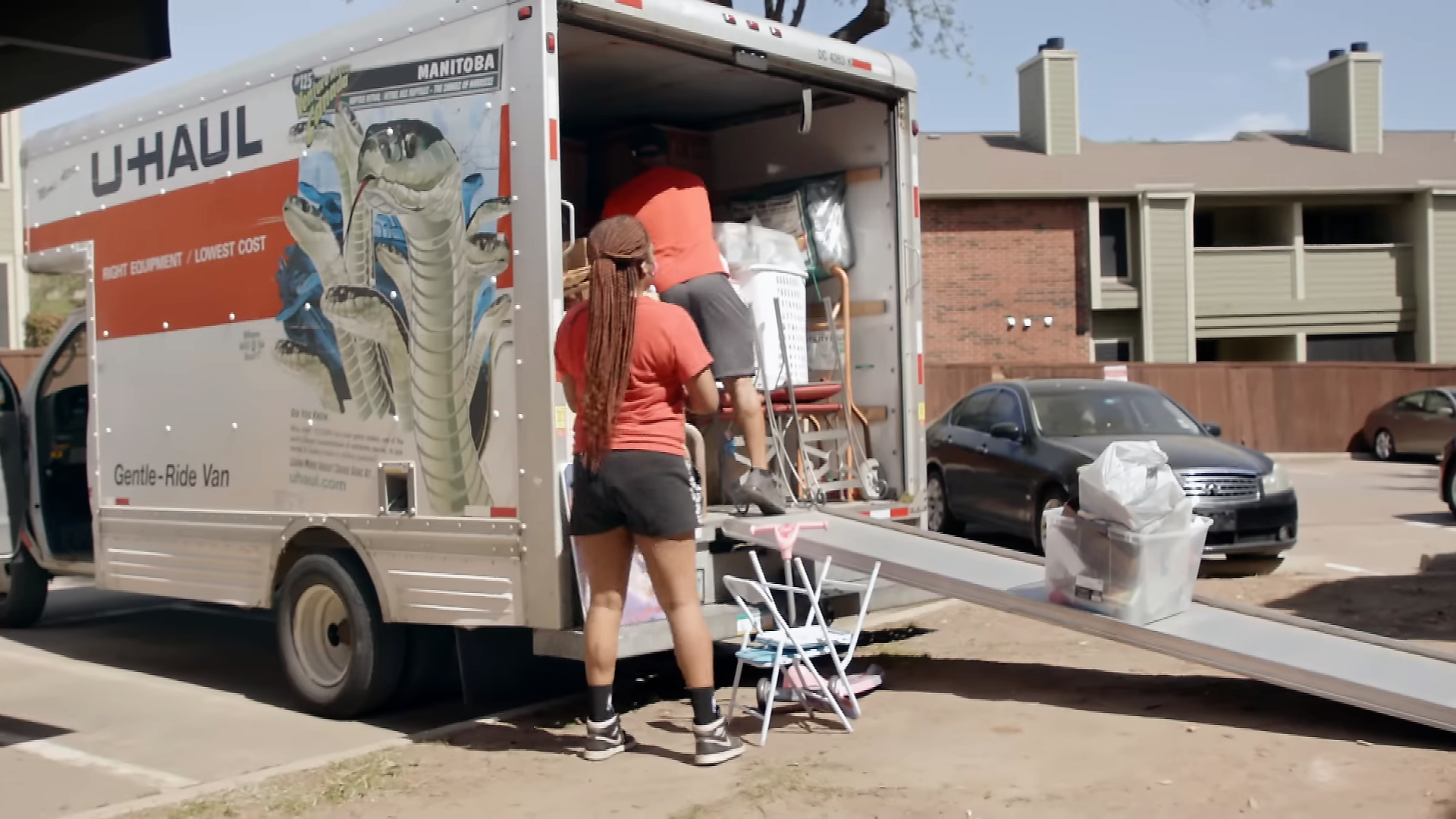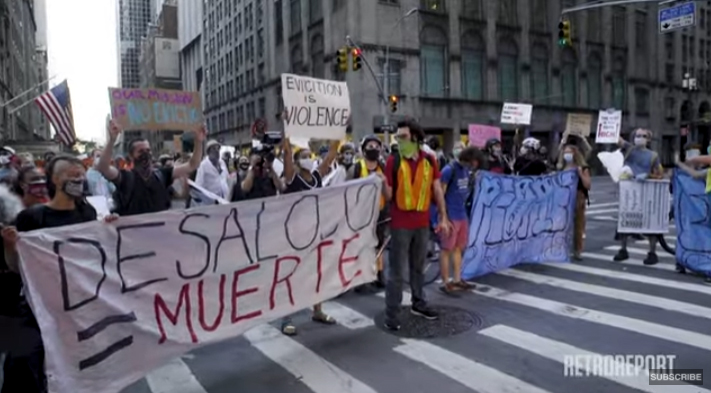
'Facing Eviction': A look at the affordable-housing crisis
A FRONTLINE documentary that debuted this week on PBS reminds us that a global pandemic can inflict lasting harm. Co-produced with Retro Report, Facing Eviction shows how inequities have made the COVID-19 pandemic far worse for some.
The one-hour documentary is an intimate portrait of American mothers who lost jobs during the pandemic and fell behind on the rent. With support from a Pulitzer Center grant, reporters chronicled the mothers’ struggle to protect children and obtain funding Congress had allocated to keep families in their homes. Medical experts said preventing evictions was not only essential to protecting those families but also to protect public health at large.
Some facing evictions worked with landlords and attorneys and were able to cut through bureaucracy and secure funds. But others were forced from their homes by armed law enforcement officers who said they took no pleasure in doing their jobs.
Facing Eviction is the culmination of a partnership between Retro Report and the Pulitzer Center. Grantee Bonnie Bertram and colleagues also spent months reporting other stories nationwide documenting patterns of discrimination that dictated who was most vulnerable to evictions during the pandemic.
Today, despite remarkable advances in COVID-19 vaccines, the virus remains a global threat. In some countries, vaccination rates are well below those in richer nations. The danger of new variants hangs over us, along with the possibility that a new virus—for which there is no vaccine—can again take the world by surprise.
The Pulitzer Center is dedicating funding to reporting underreported stories about COVID-19, vaccines, and health inequities in the United States and around the globe. One grantee, Amy Maxmen, a senior writer at Nature, recently traveled to South Africa and Malawi to report on an unprecedented drive to develop sophisticated vaccines in the Global South. The pandemic, Maxmen reported, showed that lower-income countries can’t rely on the “limited goodwill” of the Global North.
The Pulitzer Center invites other journalists to seek support to report on other persistent vaccine and health care problems—or solutions that merit highlighting.

Impact
A total of 63 participants attended the Pulitzer Center’s virtual Summer Reporting Fellow Film Festival on July 20, showcasing three films by Reporting Fellow alums from American University and Westchester Community College. These short documentaries centered on migration, environmental challenges, and community.
"All three films were deeply moving and opened up windows to lives and people that enlarged my sense of these places—and enlarged my sense of connection to them,” wrote one attendee.
Another responded, “I saw and heard joy and pain, grief of various sorts through all the films, intensely personal. I appreciate how the filmmakers made it possible for the people to tell their story, becoming conduits for their feelings and aspirations to us. I found those same things in myself, so the stories became part of my story too and that of my own family. When we can connect that way, I think it helps Americans understand better why migrants make the choices they do.”
This message first appeared in the July 29, 2022, edition of the Pulitzer Center's weekly newsletter. Subscribe today.
Click here to read the full newsletter.











